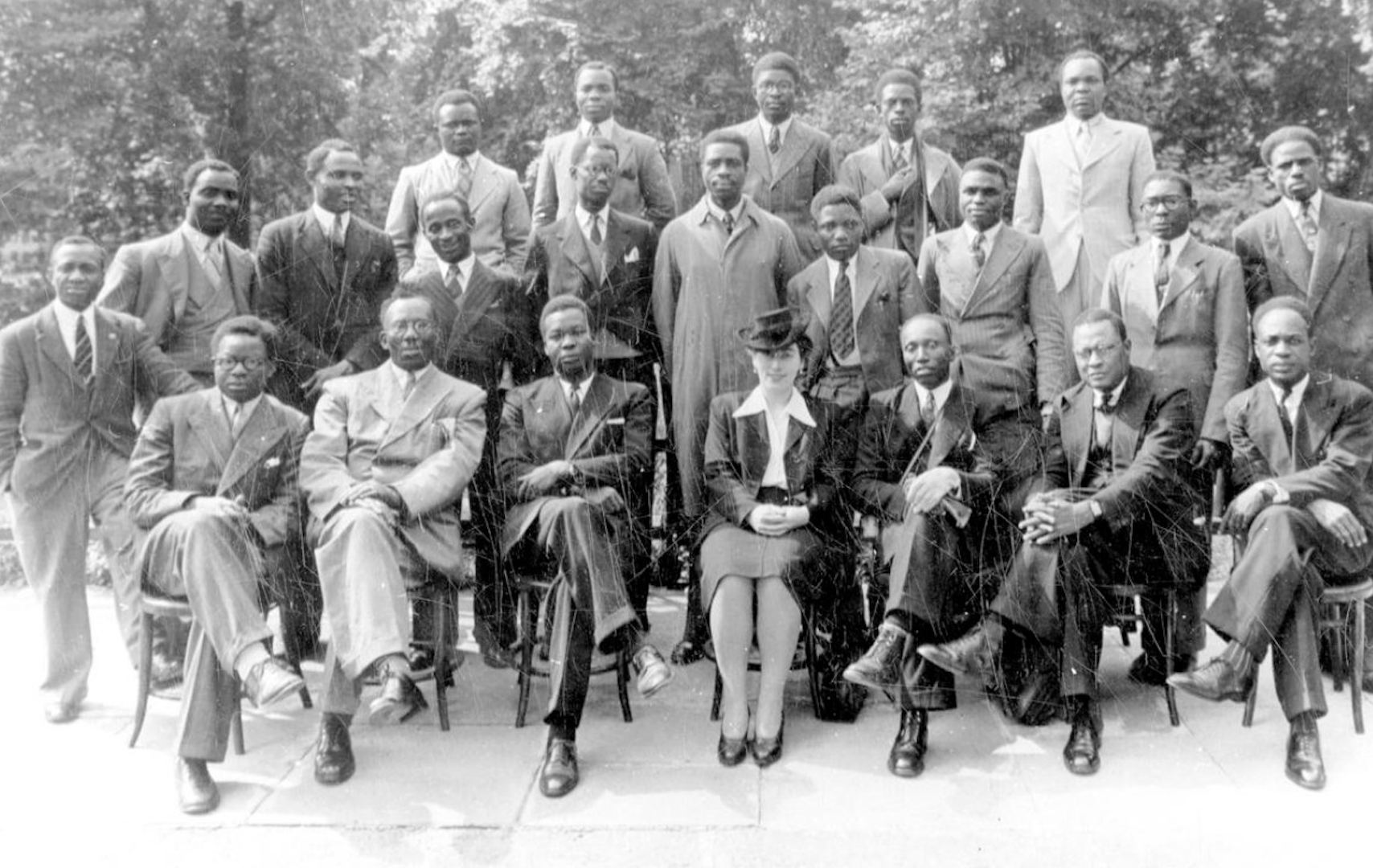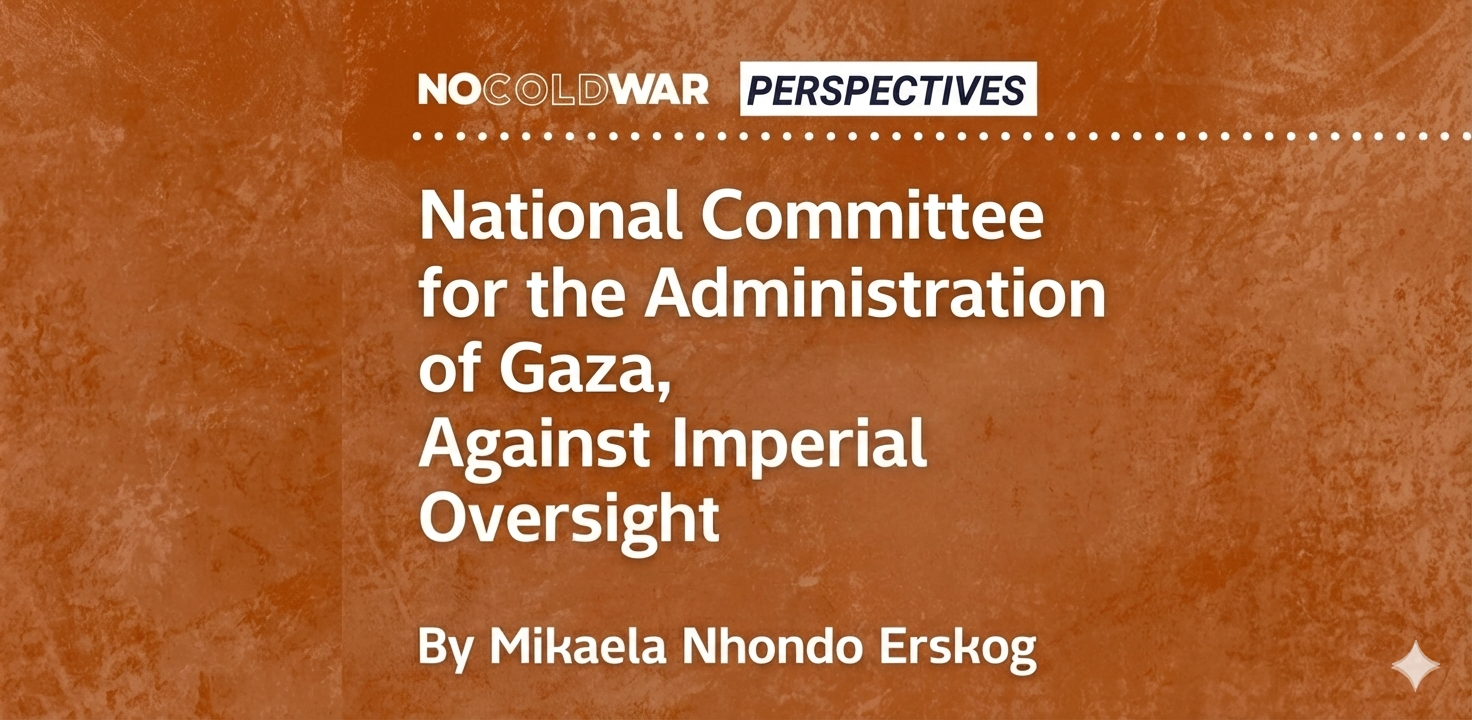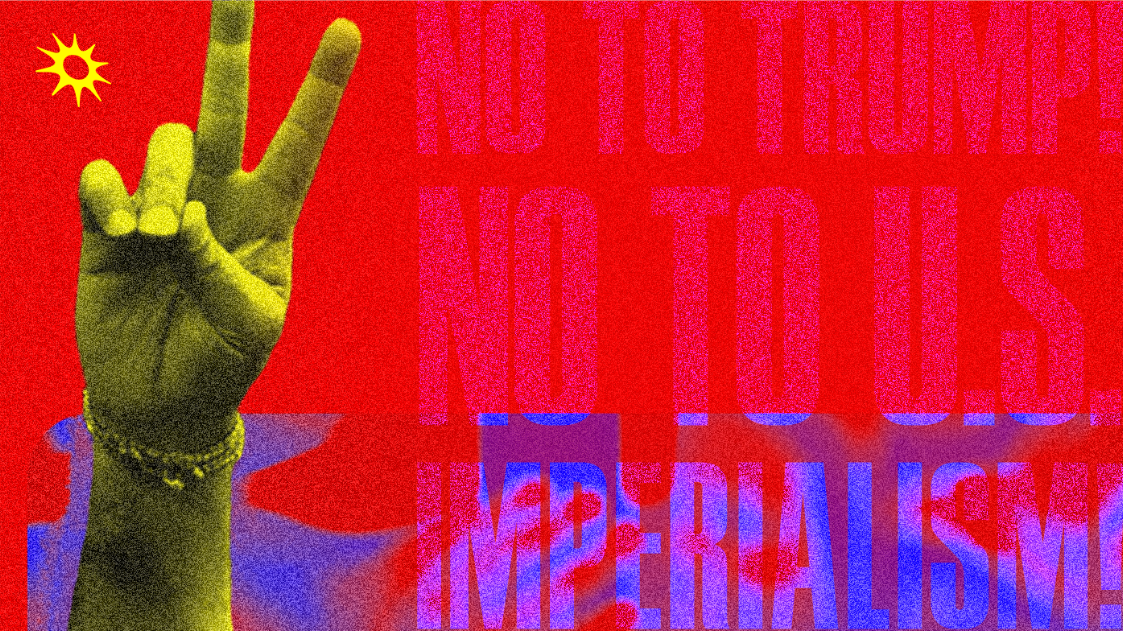80 years since the 1945 Fifth Pan-African Congress, forging the Pan African path forward

The Fifth Pan-African Congress, held in Manchester, England, from 15-21 October in 1945, was a pivotal moment that fundamentally shifted the global struggle against imperialism and propelled the struggle for national liberation, particularly for Africa.
Building on centuries of antiracist struggle, the 1945 Congress fundamentally shifted the movement’s focus from mere reform to the demand for immediate independence and self-determination.
Crucially, the 1945 Congress established the principle that liberation must be achieved through organised resistance by the masses and the working class, not granted by colonial powers. The final resolutions declared that if colonial powers refused to grant self-rule, the colonised peoples would be justified in using their own methods, including strikes, boycotts, and mass mobilisation, to achieve freedom.
The 1945 Congress marked a significant transition of leadership as it was organised by influential African and Caribbean activists, including Kwame Nkrumah (future first President of Ghana), alongside the Trinidadian Marxist George Padmore and more. Crucially, delegates included trade unionists, farmers, and working-class people from the colonies, making it the first truly representative Pan-African gathering. This infusion of grassroots militancy gave the movement a practical and revolutionary character, a more popular People’s Pan Africanism.
The Congress issued a manifesto that served as a strategic blueprint for the coming decades of liberation struggles. It explicitly condemned global capitalism, monopoly of capital, and the rule of private wealth, stating that the anti-colonial struggle was inextricably linked to the fight for economic independence and the rights of colonial workers and farmers.
By uniting the political demand for national liberation with the economic demand for socialism, the 5th Pan African Congress laid the foundation for our continued struggle for Pan African emancipation today. In essence, the Manchester Congress transformed Pan-Africanism from a movement of lobbying and intellectual discussion into a coordinated Pan African political force.
Eighty years later its core tenets directly inform contemporary struggles, making it profoundly relevant to the struggle for Pan African emancipation, national liberation and the struggle for sovereignty today. Most obviously, this has been reaffirmed through the formation of the Alliance of Sahel States (AES)—Mali, Burkina Faso, and Niger— a direct challenge to the geopolitical and economic influence of former colonial powers, mirroring the 5th Congress’s call for unified, independent action. The ultimate success of the AES will depend not only on its leaders but also on the ability of its supporters – both within the Sahel and internationally – to build a broad coalition, united in the continued struggle against imperialism.
The Congress recognised that Africa’s struggle was intertwined with global anti-imperialist efforts. This internationalist spirit is visible in the persistent struggle of Western Sahara. The continued global solidarity efforts supporting the Sahrawi people’s right to a referendum against Moroccan occupation directly reflects the Congress’s commitment to completing decolonisation.
The Congress set the precedent for Pan-African solidarity with Palestine. It opposed the partition of Palestine and condemned Zionism as a form of colonialism. Today, this historical commitment defines Africa’s strong and consistent political support for the Palestinian people in their struggle against Israeli occupation, apartheid, and genocide viewing it as fundamentally linked to the unfinished project of African liberation.
In essence, the 1945 Congress continues to provide the ideological and strategic blueprint for Pan African resistance, arguing that true freedom requires a complete break from imperialism’s economic and military dominance. As we confront the persistent challenges of neo-colonialism, exploitation, and global inequality, let us heed the clarion call by Burkinabé revolutionary Thomas Sankara, “When the people stand up, imperialism trembles!” Let us use Sankara’s anniversary today to reflect, reimagine and reignite this powerful legacy of genuine socialist Pan Africanism. From the Alliance of Sahel States to Western Sahara, Kenya, Morocco and beyond, let us unite and strengthen the struggles of the masses against capitalism and imperialism.
Let us make imperialism tremble.
In solidarity,
Pan Africanism Today Secretariat


